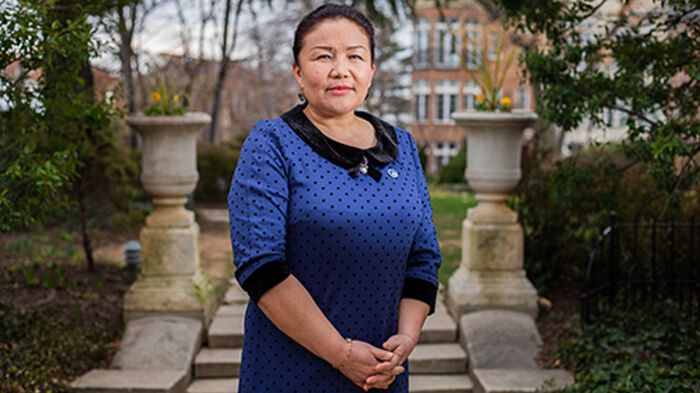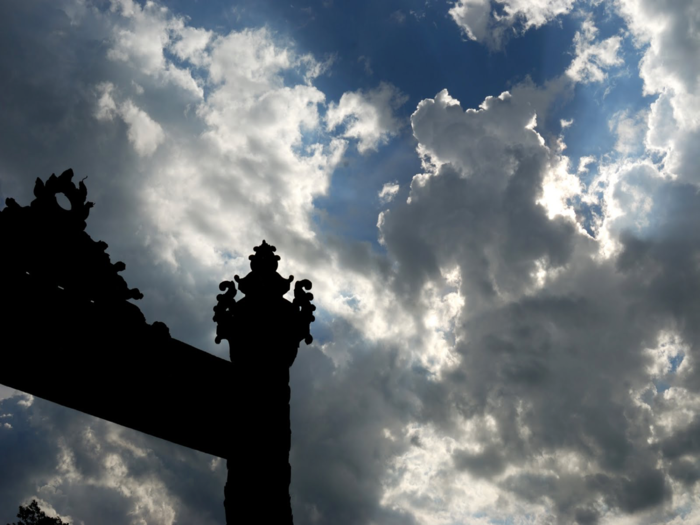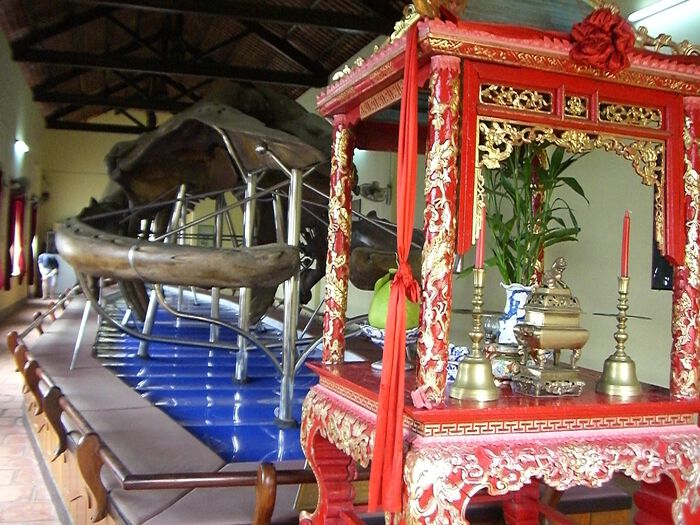East Asian Lunch seminar
Previous
Lecture by Miyo Tanaka, second-year master's student in the Theory and Practice of Human Rights at the UiO.
Legitimacy, espionage, and nation branding in the Apple v. Samsung “smartphone patent wars”. Lecture by Irina Lyan.
Lecture by Kerry Brown, Professor of Chinese Studies and Director of the Lau China Institute at King’s College, London.
Book presentation with Alessandro Rippa.
Lecture by Sera Yeong Seo Park, associate lecturer at the Department of Social Anthropology at the University of St Andrews.
Lecture by Marta Hanson.
Lecture by Cheehyung Harrison Kim.
Sayragul Sauytbay will give unique insight into what is happening in Xinjiang concentration camps, and what the Communist Party's ideology and strategy is.
In this guest lecture, Kathryn Dyt from the Institute of Historical Research in London will give a talk on weather rituals performed by the nineteenth-century Vietnamese court as a way to regulate rainfall and other natural events.
In this guest lecture, Quoc-Thanh Nguyen from the Lyon Institute of East Asian Studies will talk about Vietnamese fishing culture and whale worship. The lecture will include a short documentary film showing.
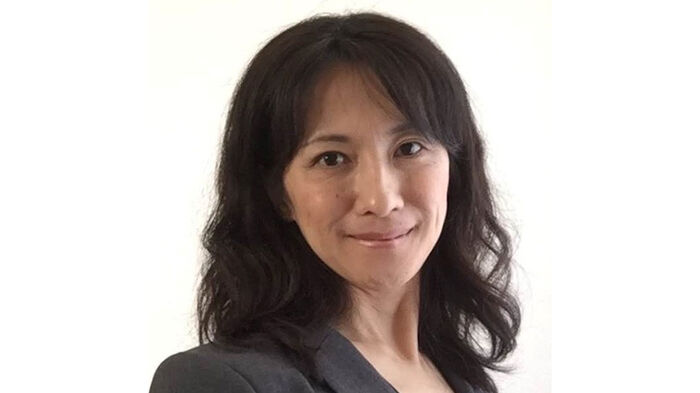
.jpg?alt=listing)

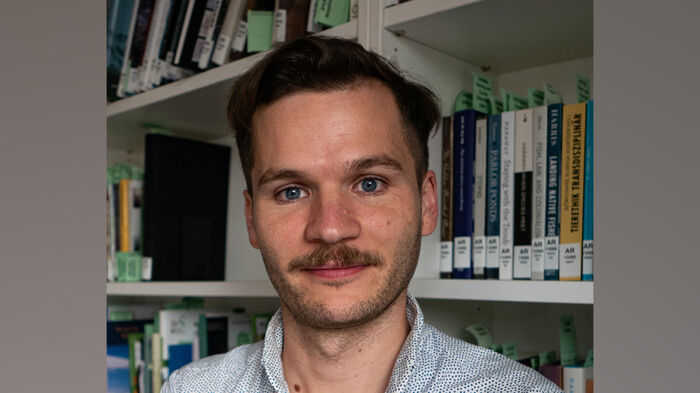
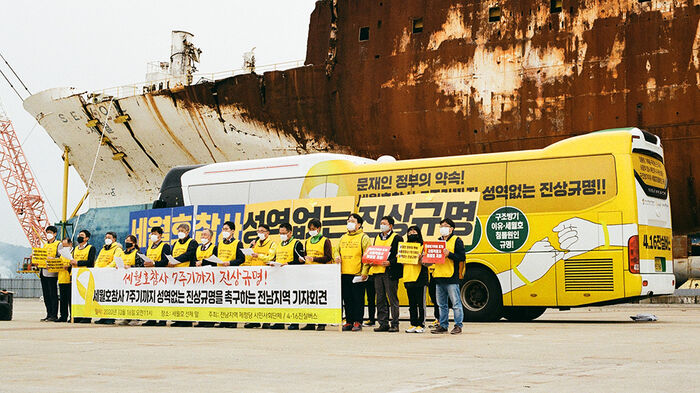
.jpg?alt=listing)

